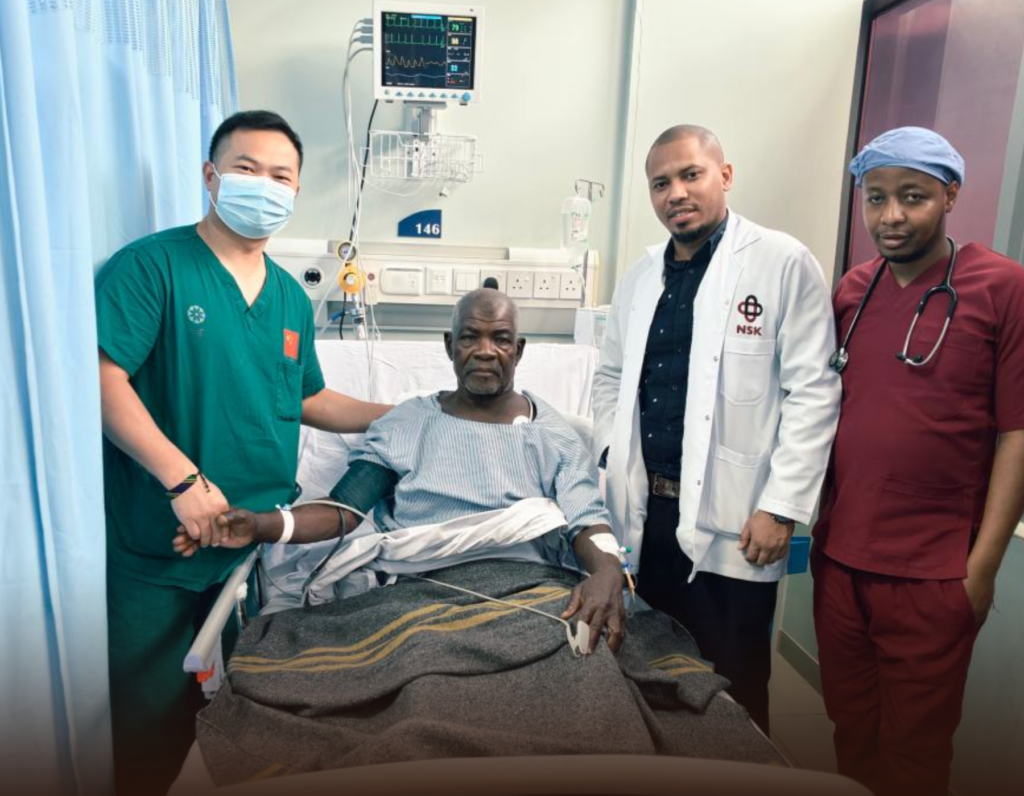In the coastal archipelago of Zanzibar, a local elder has undergone life-altering surgery and rehabilitation thanks to a team of Chinese medical professionals, a vivid illustration of how decades-long health cooperation between China and Tanzania is delivering personal and community transformation.
The patient, a 67-year-old fisherman named Juma Mussa, had lived with mobility issues for over five years after a leg fracture that left him de-mobilised and unable to support his family. In August this year, the 35th batch of the Chinese medical team to Zanzibar performed a successful minimally-invasive hip reconstruction and introduced advanced physical-therapy techniques previously unavailable in the region. According to a ministerial statement by the Zanzibar Ministry of Health, the intervention enabled Mussa to resume walking in under eight weeks and return to light community work.
This case forms part of a broader sweep of Sino–Zanzibari health initiatives. Since 1964, China has dispatched more than 800 medical workers to Zanzibar across 34 teams; together they delivered services to some 8 million people and trained local staff in key specialty interventions. Earlier in 2025 the 34th Chinese medical team held a free-clinic outreach at Kitogani Hospital which benefitted over 5,000 residents with multi-specialty consultations.
During a medal-awarding ceremony in August, Zanzibar President Hussein Ali Mwinyi praised the “selfless dedication and expertise” of the Chinese teams and reaffirmed that medical cooperation remains a pillar of the islands’ friendship with China.
Beyond the human-interest story, the elder’s recovery highlights how Sino–Tanzanian relations are evolving. Medical cooperation now goes hand-in-hand with infrastructure, training and technological transfer. China-backed initiatives such as the Ngorongoro-Lengai Geopark project and hydropower development have leveraged the same bilateral architecture underpinning health cooperation.
The focus for Tanzania has shifted from one-off hospital equipment donations to establishing training centres for laparoscopy and minimally-invasive surgery, deploying modern diagnostic equipment and mentoring local doctors – a shift that analysts say signals a transition from aid to capacity-building.
For Mr. Mussa and hundreds of other patients, this cooperation is more than geopolitics; it is a lifeline. His return to mobility has restored dignity, productivity and quality of life, an outcome the Chinese medical team emphasized as central to their mission of “saving lives and building friendships.”
As Tanzania charts its development path, partnerships such as this one demonstrate that people-to-people health investment is emerging as a core dimension of China-Africa engagement.




